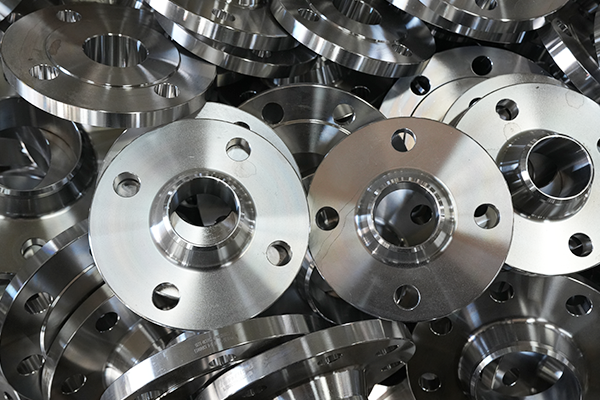NewsDetails
Unique Advantages of TPEP Anti-Corrosion Steel Pipes Compared to Traditional Coated Pipes
author:Zhantong time:2025-05-23 01:11:45 Click:107
Unique Advantages of TPEP Anti-Corrosion Steel Pipes Compared to Traditional Coated Pipes
TPEP (Two-layer Polyethylene and Epoxy) anti-corrosion steel pipes represent an evolution in pipeline protection, combining the best properties of epoxy and polyethylene into a dual-layer system. Compared to traditional anti-corrosion coatings, TPEP offers distinct advantages in performance, durability, and application flexibility—making it an increasingly popular choice for municipal and industrial infrastructure.
1. Dual Protection: Chemical + Mechanical Barrier
Traditional coatings:
Coal tar enamel or asphalt-based coatings offer basic corrosion resistance but poor mechanical durability.
Single-layer FBE provides chemical resistance but is vulnerable to external mechanical damage.
TPEP advantage:
The inner fusion bonded epoxy (FBE) layer resists corrosion and chemical attack.
The outer polyethylene (PE) layer offers robust protection against abrasion, soil stress, and impact.
➡ Result: A balanced and synergistic coating system suitable for aggressive underground environments.
2. Longer Service Life in Harsh Conditions
Traditional coatings:
Susceptible to aging, cracking, or delamination over time, especially in saline, acidic, or alkaline soils.
TPEP advantage:
Offers a projected lifespan of 30–50 years, thanks to high chemical inertness and physical resilience.
➡ Result: Significantly reduced maintenance costs and longer pipeline replacement intervals.
3. Improved Bonding and Peel Strength
Traditional coatings:
Often rely on mechanical adhesion or less stable chemical bonds, leading to possible coating failure under temperature cycling or soil movement.
TPEP advantage:
The adhesive layer between epoxy and polyethylene ensures high peel strength and excellent resistance to cathodic disbondment.
➡ Result: Better stability under thermal expansion, ground movement, or stray current interference.
4. Enhanced Flow Efficiency
Traditional coatings:
Some may roughen over time, promoting scale buildup inside the pipe and reducing flow efficiency.
TPEP advantage:
The smooth epoxy inner surface reduces friction loss and prevents microbial scaling or sediment accumulation.
➡ Result: Maintains stable flow rates and reduces energy consumption in water or fluid transport.
5. Environmental Compliance and Safety
Traditional coatings:
Tar-based materials often contain harmful VOCs or substances that are now restricted in many regions.
TPEP advantage:
FBE and PE are environmentally friendly, non-toxic, and suitable for potable water applications.
➡ Result: Compliance with modern health, safety, and environmental (HSE) regulations.
6. Cost Efficiency Across Lifecycle
Traditional coatings:
Lower initial cost but higher maintenance and shorter service life.
TPEP advantage:
While initial investment may be slightly higher, the total lifecycle cost is significantly lower due to reduced repair, downtime, and replacement frequency.
➡ Result: Ideal for infrastructure requiring reliability, sustainability, and long-term performance.
Conclusion
TPEP anti-corrosion steel pipes stand out with their dual-layer design, combining internal chemical resistance with external mechanical durability. Compared to traditional coated pipes, they offer superior long-term protection, structural stability, and operational efficiency—making them the optimal choice for modern buried pipeline systems in municipal, industrial, and energy sectors.
 Recommended Products
Recommended Products
 Contact us
Contact us
—— Contact:Manager
—— Tel:+86 15231788966
—— Email:info@zhantongpipe.com
—— Url:https://www.zhantongpipe.com
—— Address:Mengcun Hui Autonomous County, Cangzhou City, Hebei Province









